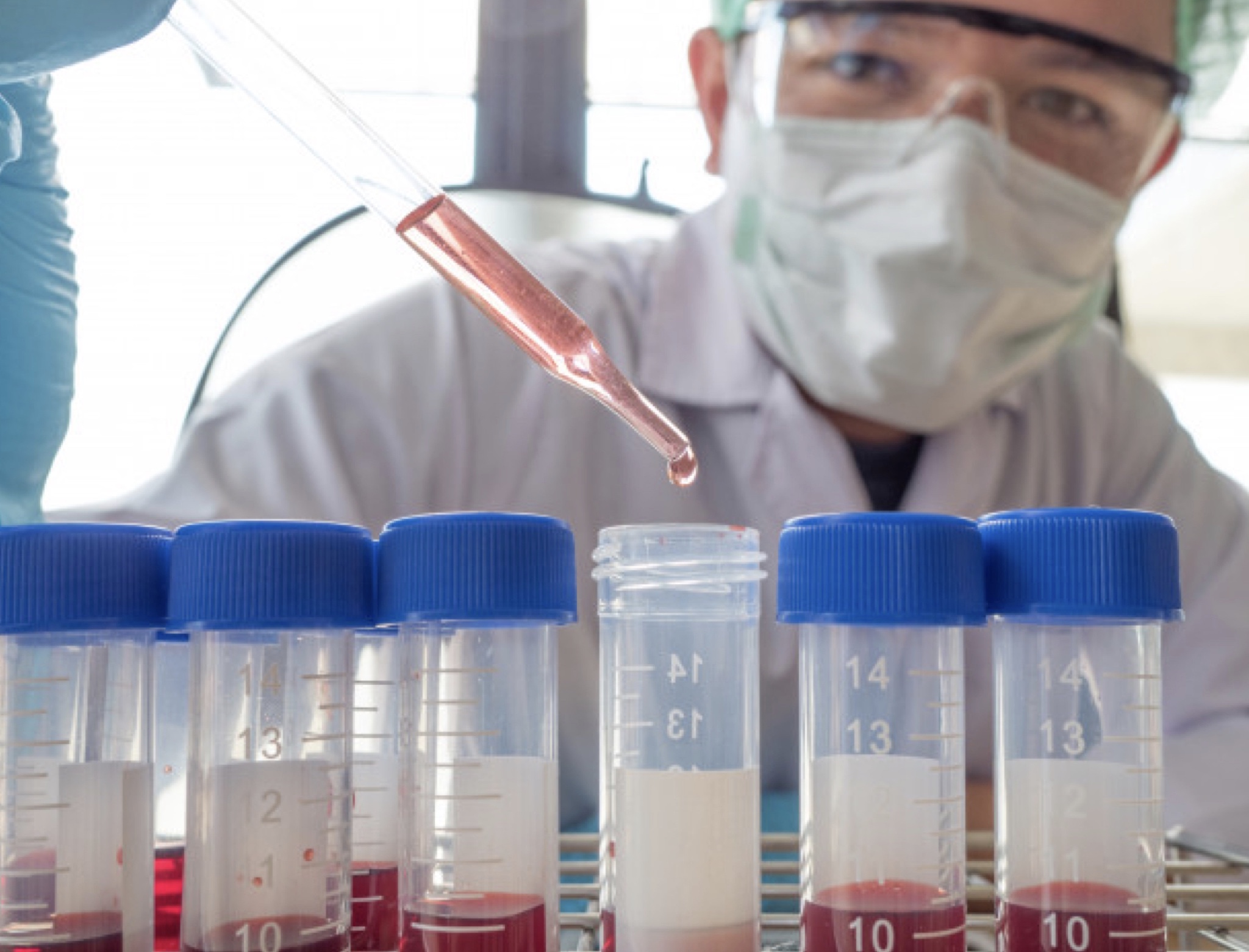A recent study published in ‘BMJ Oncology’ highlighted significant progress in the field of early cancer diagnosis by presenting a promising test based on blood proteins.
This approach could revolutionize the timely detection of 18 types of solid tumors, paving the way for new clinical strategies. The president of the technical-scientific committee of Aduc, Primo Mastrantoni, underlined the importance of this research and its potential positive impact on public health.
Advertisements
How does it work
An innovative test based on proteoma, the complete set of proteins present in the human body, could represent a milestone in the early diagnosis of various forms of cancer. The research, recently published in ‘BMJ Oncology’, examined the ability of this test to detect tumors in the early stages, without generating false positives.
The current scenario
Currently, the lack of effective tests for the preliminary diagnosis of many cancers is a significant challenge. Nearly 60% of cancer-related deaths are attributable to cancers for which there is no adequate screening test. Existing methods, such as colonoscopy and mammography, have limitations in terms of invasiveness, high costs and poor accuracy in the early stages of the disease.
The proteomic test
The researchers collected blood samples from asymptomatic patients, demonstrating that measuring a particular pool of plasma proteins could identify and differentiate different types of tumors. The overall sensitivity of the test was 90% for males and 85% for females, with a specificity of 99%. These preliminary results pave the way for a future multi-cancer screening test with high accuracy in the detection of 18 solid tumors.
Future perspectives
Primo Mastrantoni stressed that, despite the promising nature of these results, further research is needed to confirm the effectiveness of the test. However, this study represents evidence of the potential usefulness of proteomic analysis in the early stage of development of various types of neoplasms. The prospect of addressing some pathologies in advance with a high probability of definitive cure is positive news for public health.
Nurse Times editorial team
Find out how to earn money by publishing your thesis on NurseTimes
The NEXT project is renewed and becomes NEXT 2.0: we publish the questionnaires and your theses
Upload your thesis: tesi.nursetimes.org
